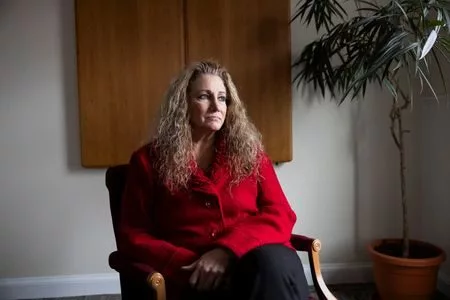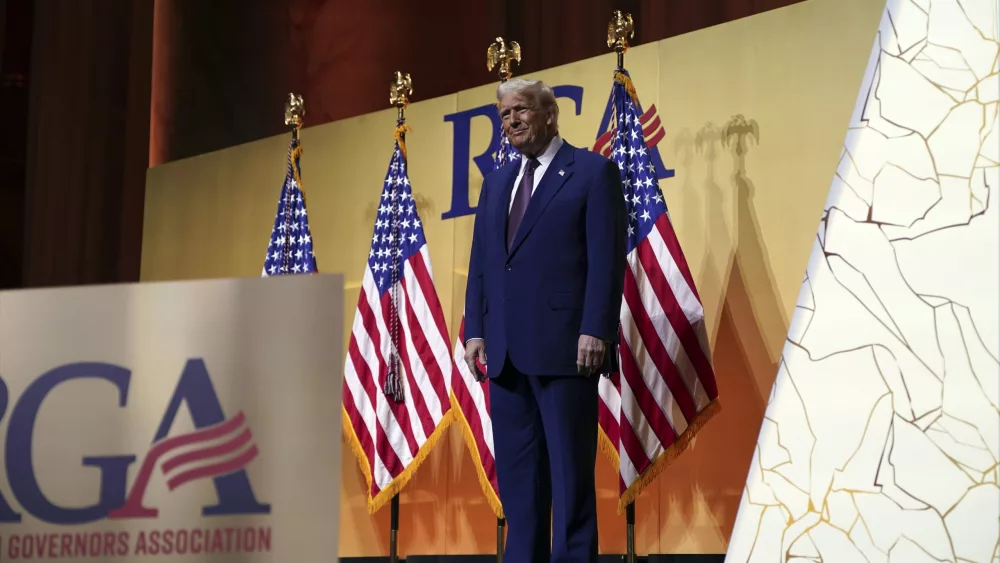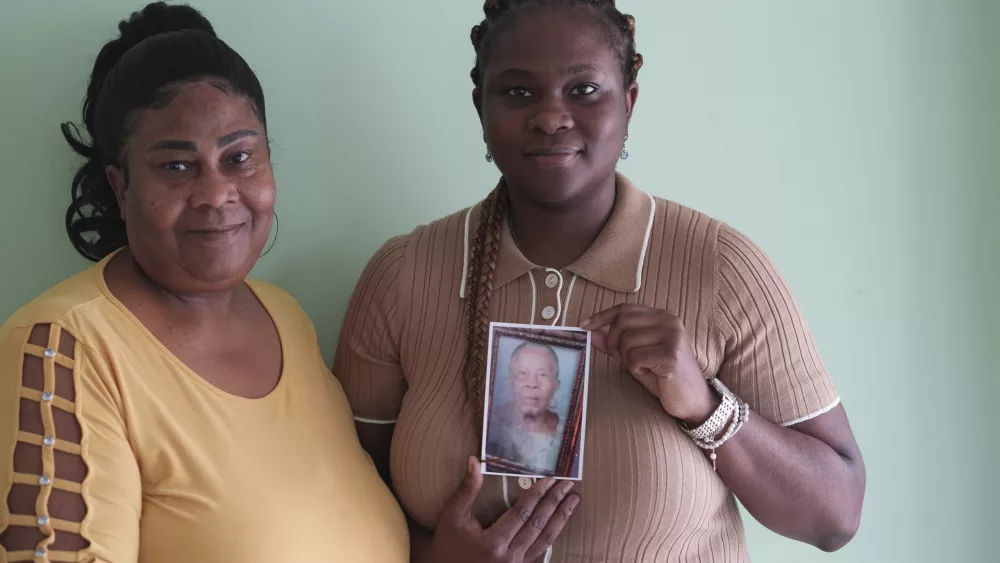By Andrew Chung
(Reuters) – Marlean Ames received numerous promotions and good evaluations over the years working in Ohio’s youth corrections system, so when she was denied a promotion and demoted in 2019 with a $40,000 pay cut she said she felt “shocked and hurt and humiliated.”
But, according to Ames, that was not all. She had a gay supervisor at the time, she was passed over for a promotion in favor of a gay woman and she was demoted in favor of a gay man – both of whom, Ames asserted, were less qualified than her.
“That’s how I came to feel that I was being discriminated on because I was straight and pushed aside for them,” Ames, 60, said in an interview.
The U.S. Supreme Court is due next Wednesday to hear arguments in her bid to revive her civil rights lawsuit against the Ohio Department of Youth Services after lower courts threw it out. She is seeking monetary damages from the state.
A ruling in her favor by the Supreme Court, which has a 6-3 conservative majority, could make it easier for non-minorities, including white people and heterosexuals, to pursue claims of illegal bias – often called “reverse” discrimination – under a landmark federal anti-discrimination law.
The dispute centers on how plaintiffs like Ames must try to prove a violation of Title VII of the Civil Rights Act of 1964, which prohibits discrimination based on race, religion, national origin and sex – including sexual orientation.
Ames is challenging a requirement used by some U.S. courts that plaintiffs from majority groups, such as white and straight people, must provide more evidence than minority plaintiffs to make an initial – or “prima facie” – claim of discrimination under a seminal 1973 Supreme Court ruling that governs the multi-step process employed to resolve such cases.
These courts include the Cincinnati-based 6th U.S. Circuit Court of Appeals, which ruled against Ames. They require majority-group plaintiffs to show “background circumstances” indicating that a defendant accused of workplace bias is “that unusual employer who discriminates against the majority.”
The 6th Circuit ruled that Ames could not meet that bar, throwing out her case.
‘A FAIR SHAKE’
“Discrimination is discrimination,” Ames told Reuters. “This will hopefully be able to help anyone who feels they’ve been discriminated on to get a fair shake in the courtroom and not have to go to the lengths that I had to go to.”
The NAACP Legal Defense & Educational Fund and other civil rights groups told the Supreme Court in a legal filing that Ames is asking the justices “to interpret Title VII in a way that ignores the realities of this country’s persisting legacy of discrimination in evaluating disparate-treatment claims.”
The “background circumstances” inquiry allows courts to account for the reality of historical and present-day discrimination “against certain minority groups like Black and/or LGBTQ people, and the virtual absence of widespread discrimination targeting certain majority groups like white people and straight people,” the groups said.
Reverse discrimination lawsuits are increasing in the United States amid a backlash by conservatives and Republicans against initiatives in the public and private sectors to promote diversity, equity and inclusion in the workforce.
On his first day back in office, Republican President Donald Trump ordered the dismantling of such policies in federal agencies and encouraged private companies to follow suit. Conservative groups including America First Legal, which has filed numerous legal actions claiming anti-white and anti-male bias, have urged the Supreme Court to rule in favor of Ames.
Louisiana State University employment law professor William Corbett said that if Ames wins, “I think those who believe that reverse discrimination is a prevalent problem will see it as a victory and an adjustment that puts reverse and traditional discrimination claims on equal footing.”
Before Democratic former President Joe Biden left office, his administration filed a brief backing her. Edward Gilbert, an Ohio lawyer with a long history of representing local branches of the NAACP and minority clients in civil rights and employment cases, agreed to handle her case.
To Gilbert, the “background circumstances” rule is unfair, regardless of whether the plaintiff’s background is minority or majority. The evidence requirements should be “equal, straight across the board,” Gilbert said.
The office of Republican Ohio Attorney General Dave Yost in court papers defended the employment actions concerning Ames as part of a Department of Youth Services restructuring.
The “background circumstances” requirement did not place a higher burden on Ames because the “specific facts that give rise to a suspicion of discrimination differ from plaintiff to plaintiff,” Yost’s office said.
Ames started working in Ohio’s juvenile corrections system in 2004, and was promoted in 2014 to administrator of the department’s program aimed at complying with federal standards for preventing sexual abuse in its facilities.
In 2019, Ames interviewed for a newly created “bureau chief” position, but was not offered the job. It was filled by a gay woman who had not applied for the post. Around the same time, Ames learned she was being demoted to her previous secretarial role, resulting in an annual pay cut from about $100,000 to $60,000. A gay man was selected to take her place.
Department leaders said Ames lacked the vision and leadership skills needed for the new position, according to court filings.
The 6th Circuit ruled against Ames, concluding that she could not show the required “background circumstances,” including that a gay person made the employment decisions in favor of gay people. The two people who had authority in those personnel decisions, the 6th Circuit noted, were straight.
‘THIS WILL BE IRONIC’
Corbett predicted that the Supreme Court will side with Ames, making it easier for all plaintiffs to make a “prima facie” claim of workplace bias.
“This will be ironic in view of the fact that the prima facie case was fashioned based on the historical prevalence of certain types of discrimination – not discrimination against Caucasians and males,” Corbett said.
Such a decision “may prompt the filing of more charges of reverse discrimination and more lawsuits,” leading to more costs for businesses to defend against them, Corbett added.
Though Ames has again been promoted in recent years, she said she still feels traumatized. She said she sued to “get some justice done,” she said.
But Ames, who calls herself a longtime ally to the LGBT community, said she wants people to understand that her efforts will benefit everyone.
“There’s no hate of any certain groups. There’s no animosity toward anybody,” Ames said. “It’s actually helping people be able to have the same rights across the board as the law was intended.”
(Reporting by Andrew Chung; Editing by Will Dunham)
Brought to you by www.srnnews.com








